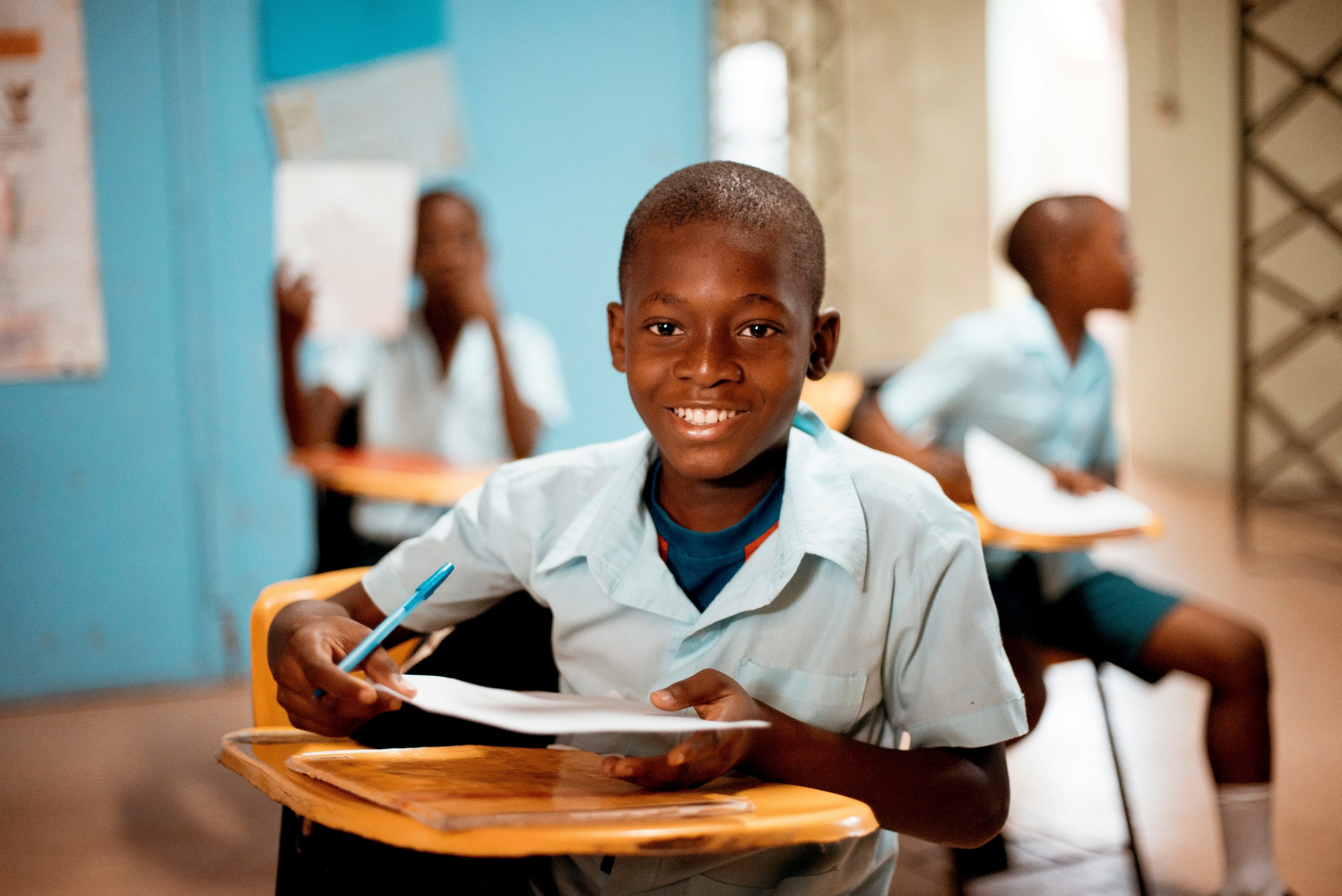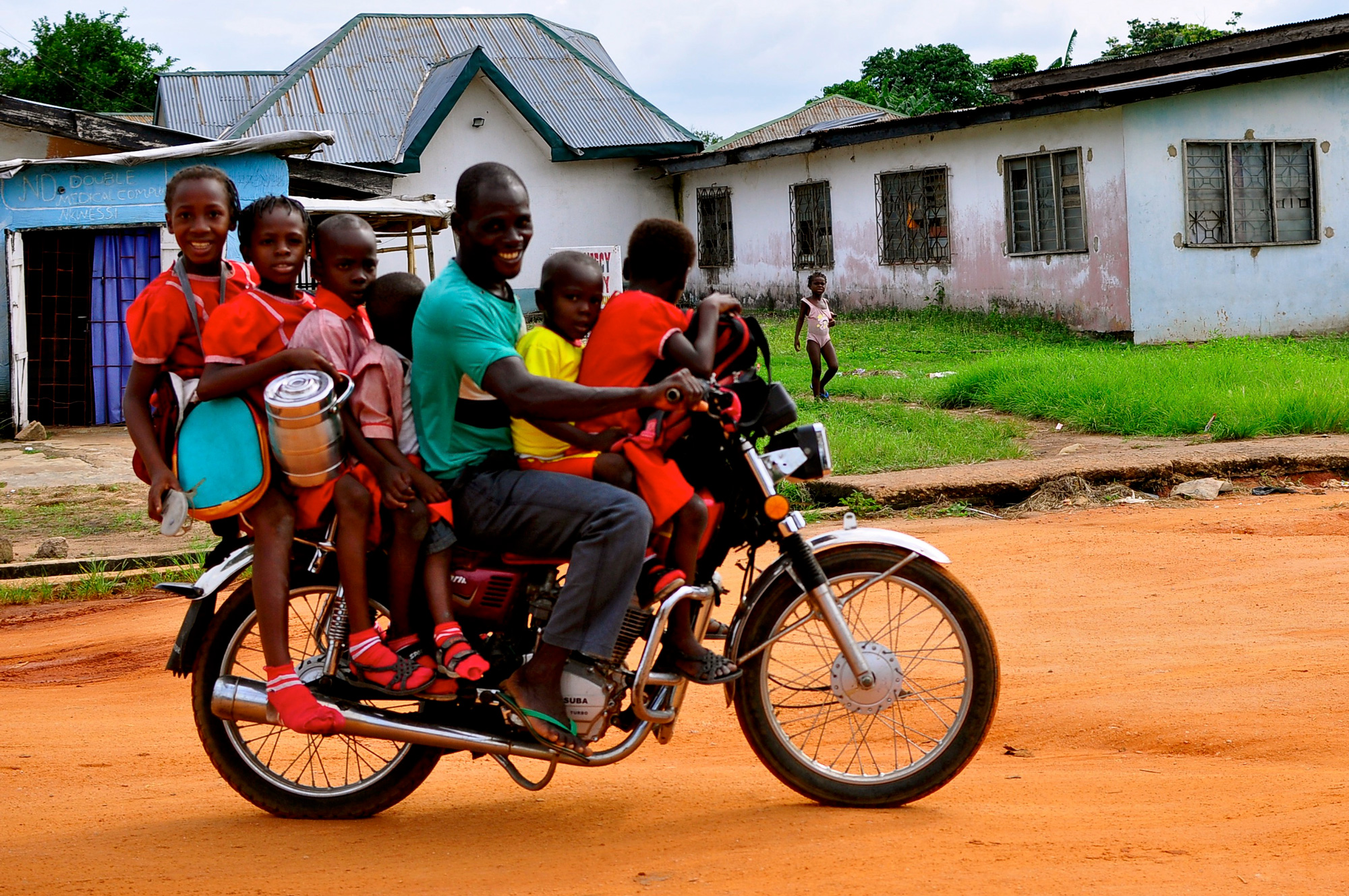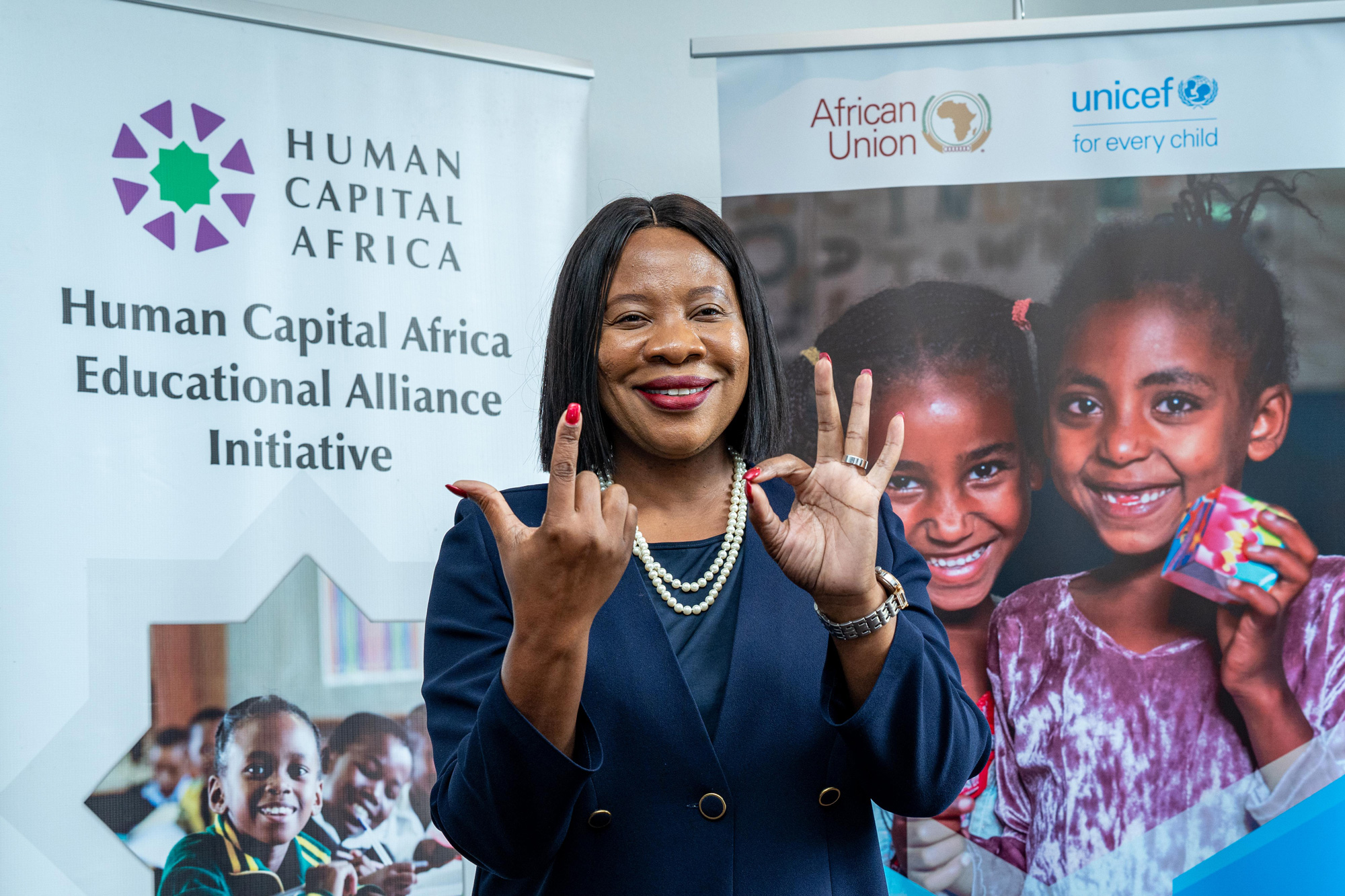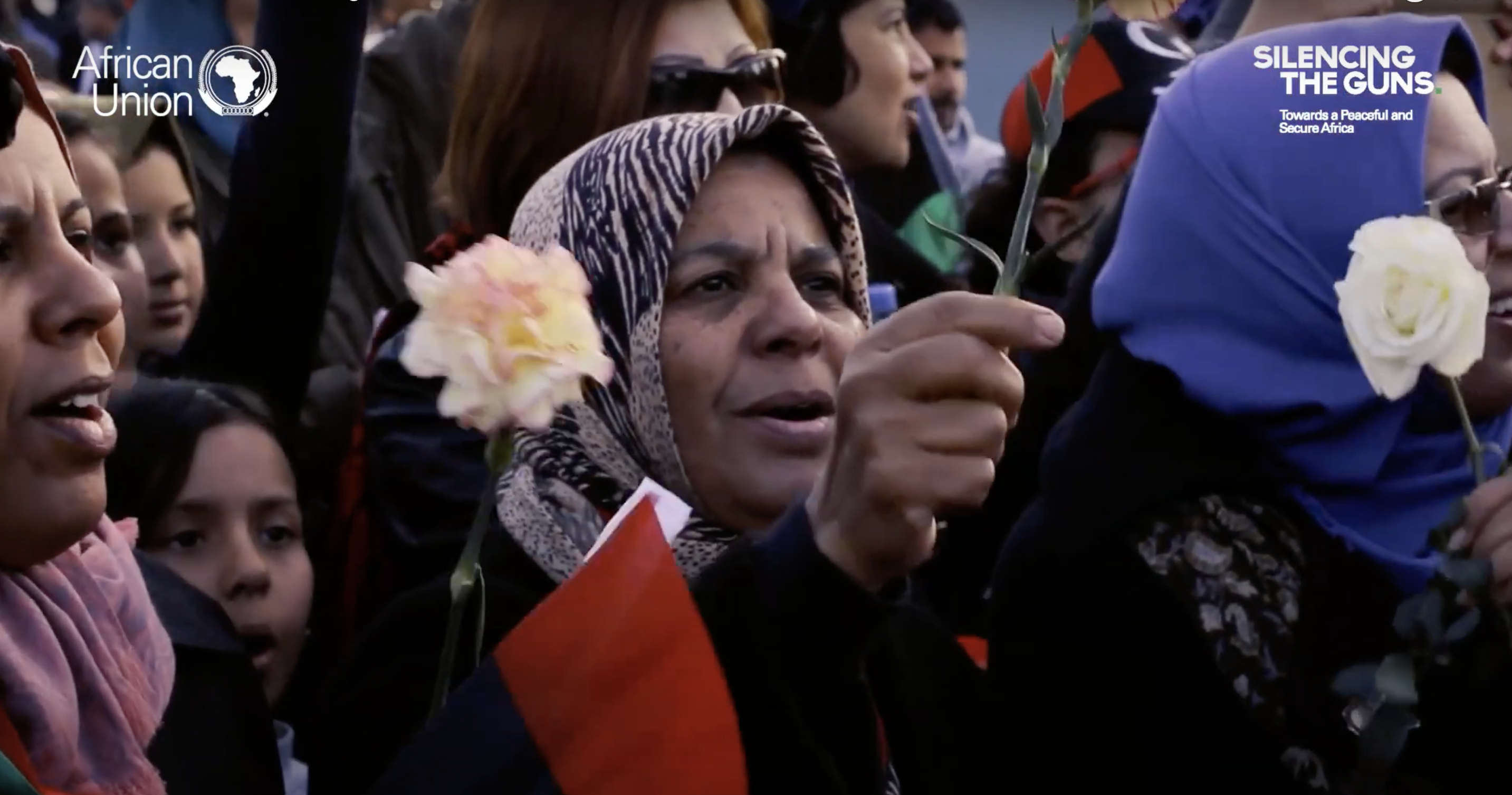Building political will for Africa’s education future

In Africa, 9 out of 10 children can’t read or do basic maths by age 10. This is a silent crisis with big consequences. Partnering with a global foundation, Africa Practice helped turn this quiet emergency into a national priority.
Challenge: A crisis hidden in plain sight
Education in Africa has seen decades of investment, yet progress remains frustratingly slow. The COVID-19 pandemic made things worse. A wave of other crises—conflict, inflation, and climate change—kept pushing education further down the priority list. Governments were stretched thin, with little capacity to focus on long-term reform.
Our client, a global philanthropic foundation, recognised that despite available funding and affordable solutions, foundational learning still wasn’t gaining the political traction needed to drive reform at scale. Policymakers lacked the urgency, coordination, and incentives to prioritise early-grade learning over other pressing national demands.
Without basic literacy and numeracy skills, an entire generation risks being left behind and unable to contribute meaningfully to their economies. And the impact goes far beyond individuals. Poor learning outcomes weaken national growth, erode public trust, and threaten long-term stability. For countries already under intense social and economic pressure, this is a crisis they simply can’t afford to ignore.
Approach: Turning strategy into systemic change
Africa Practice began by mapping the education landscape across the continent, identifying key actors and regional champions who could shift the politics of foundational learning. We deployed a multidisciplinary team to design an approach that placed learning at the centre of national priorities, not just education policy.
Through rigorous diagnostics, including stakeholder mapping, media monitoring, and political analysis, we uncovered why progress had stalled: fragmentation, weak coordination, and low political engagement. In response, we focused on the people and institutions with the power to shift that dynamic.
In partnership with the foundation and regional allies, we built a locally grounded, continentally aligned advocacy strategy. At its core was the Foundational Learning and Numeracy (FLN) Hub, a platform for intelligence-sharing, coordination, and narrative cohesion across countries and coalitions.
To generate momentum, we paired evidence with lived experience, crafting narratives that made the crisis visible, urgent, and personal to decision-makers. We engaged sitting and former African presidents, helping secure a landmark commitment from Zambia’s President, a catalytic moment that signalled serious political intent. Working closely with our partners, we progressively developed a continental political platform, culminating in a convening of education leaders from 34 countries at a high-level summit in Rwanda. The summit delivered formal commitments to end learning poverty by 2035 and seeded a pan-African community of practice.
Where direct influence faltered, we adapted, leveraging peer pressure, soft power, and South-South learning to shift incentives. Messaging was fine-tuned to connect foundational learning to jobs, growth, and national stability. What began as a technical intervention became a continent-wide movement. Political traction deepened, and governments began to integrate foundational learning into development plans. The FLN Hub emerged as a trusted platform, connecting reformers and reinforcing local leadership for long-term, systemic change.
Outcome: From awareness to action
What was once a background issue is now on the agenda of presidents, regional blocs, and economic planners. Foundational learning has moved from the margins to the centre of national development priorities. Education is no longer framed solely as a social issue; it’s seen as essential to economic growth and political stability. Political commitment is rising, regional collaboration is accelerating, and the FLN Hub is helping connect reformers and amplify local leadership.
Key Takeaway: Foundational learning is an economic strategy
Foundational education is not just a social good; it’s an economic necessity. Without basic skills, nations cannot build competitive workforces, attract investment, or sustain inclusive growth. The learning crisis is an economic crisis in disguise.
Advocacy is what turns this recognition into reform. By shifting foundational learning onto the political agenda, we’re helping leaders see it not as an education issue, but as a core driver of jobs, productivity, and long-term prosperity.
Capabilities
- Policy and regulatory insights
- Stakeholder mapping and engagement
- Narrative development
- Mobilisation and campaigning
Related case studies

Measuring development progress in Nigeria

